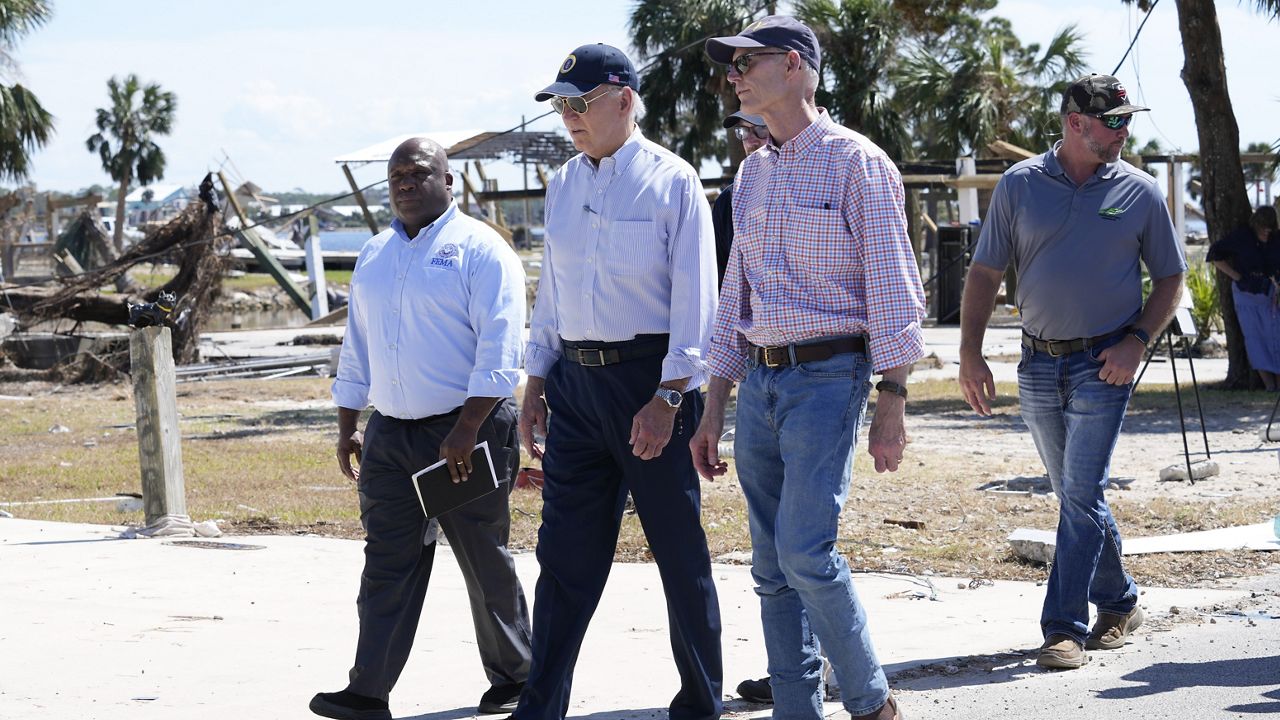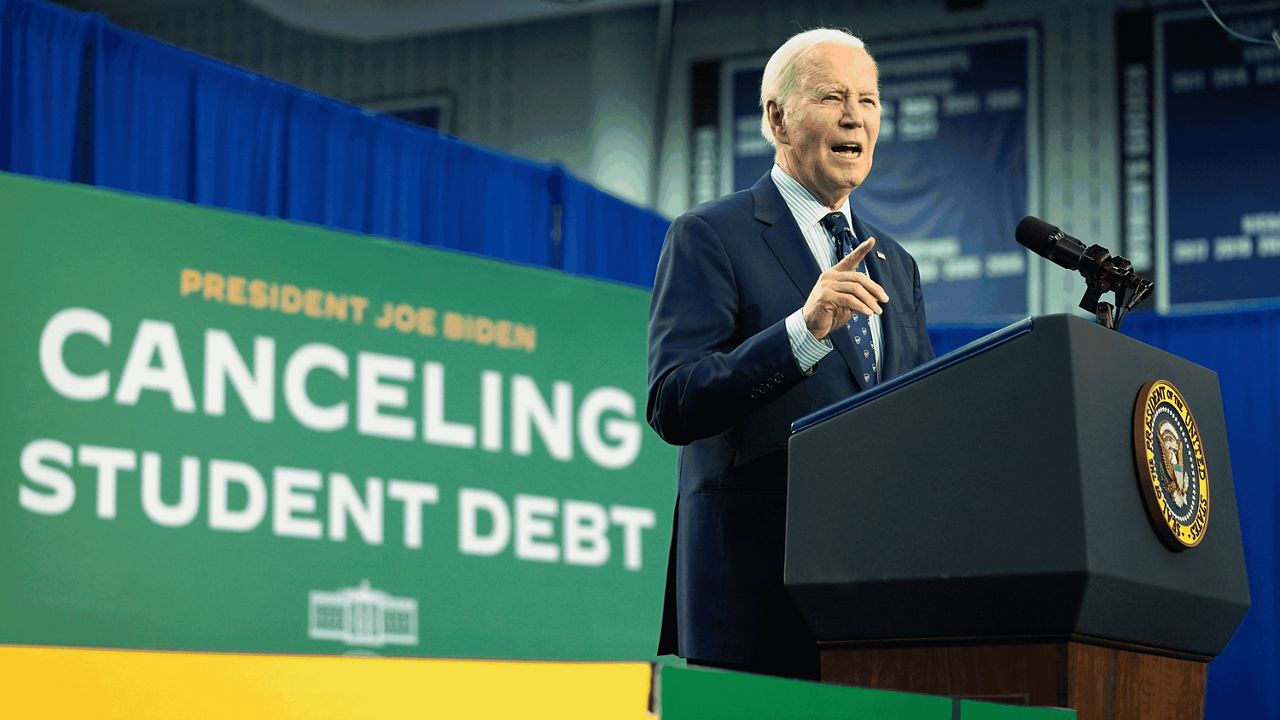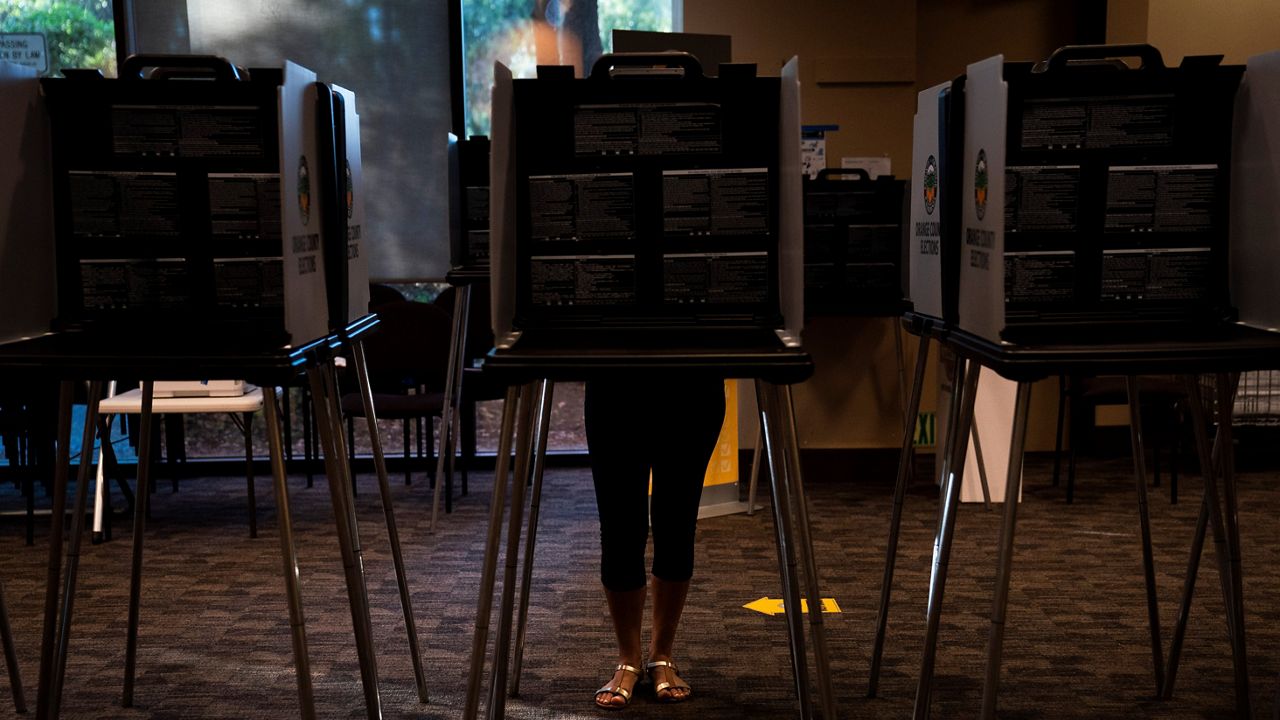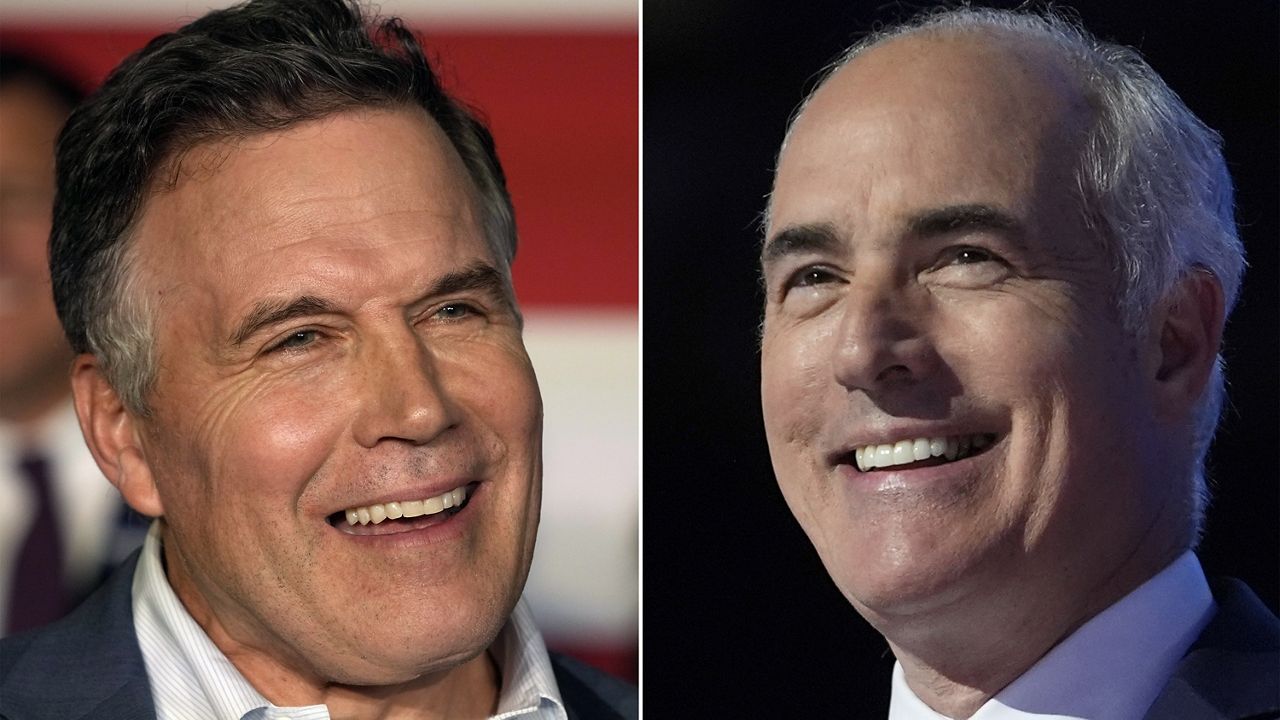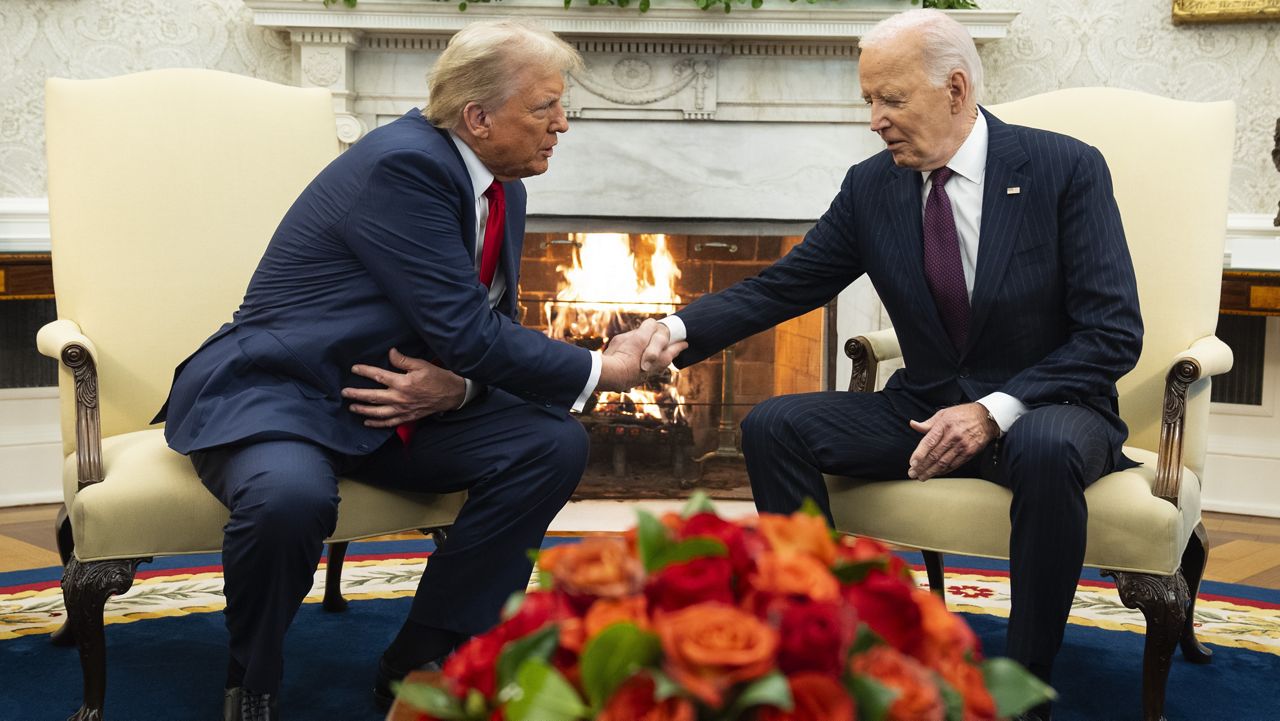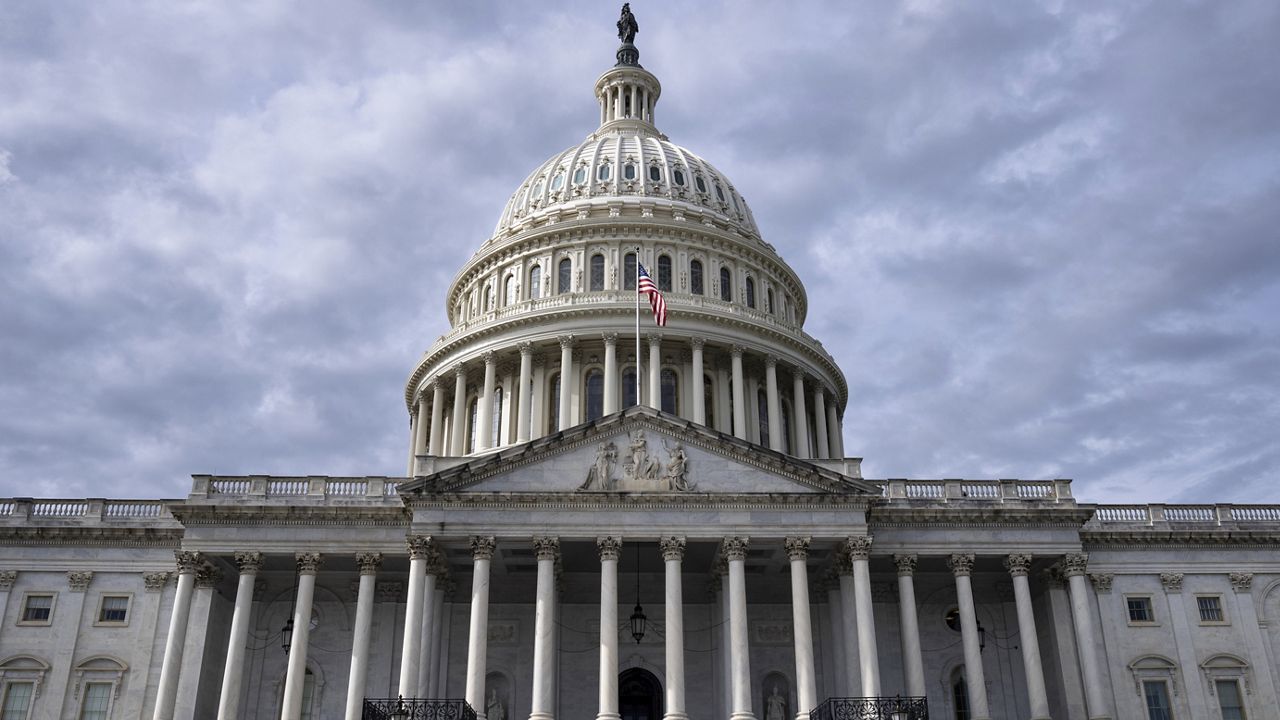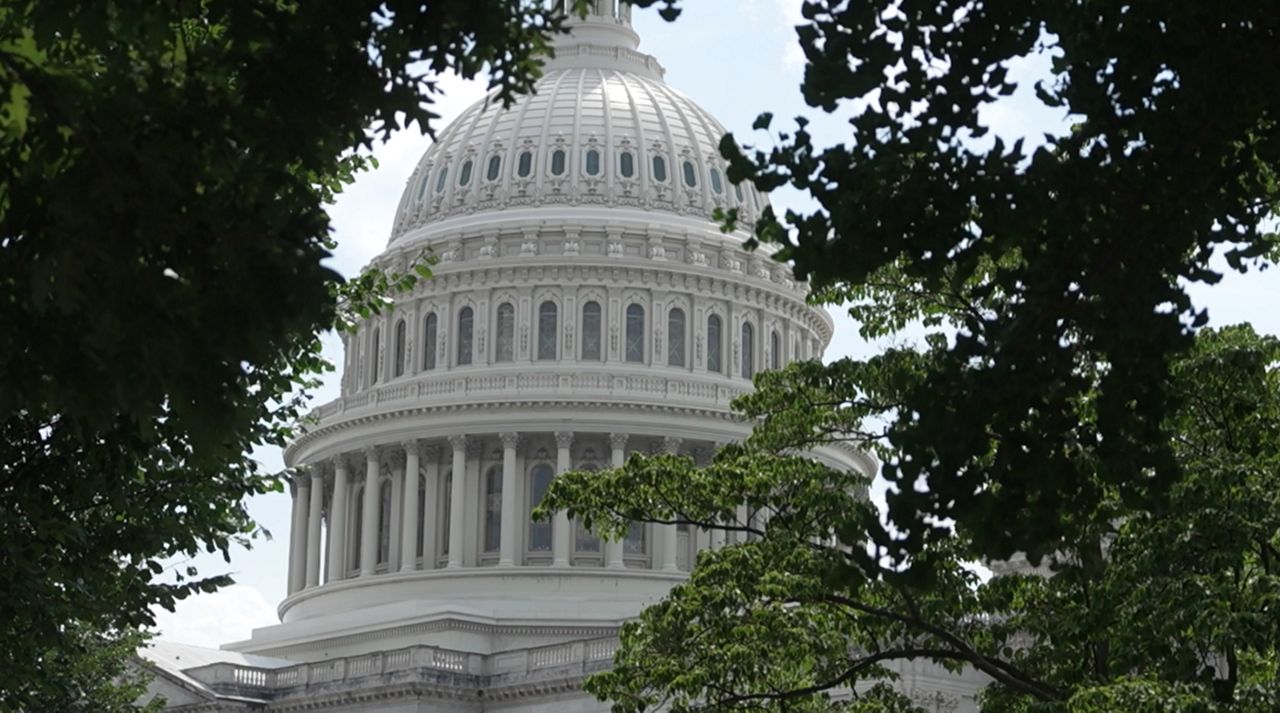Four Republican U.S. senators, led by Florida’s Rick Scott and Marco Rubio, unveiled a fresh push to provide additional relief to those recovering from recent storms in the Southeast, proposing legislation to add an additional $20 billion to the Federal Emergency Management Agency’s disaster fund.
It comes amid a growing debate in Washington over how quickly Congress should act on appropriating new funds in the wake of Hurricanes Milton and Helene as one key relief program has already run dry.
“I’ve been on the ground in Florida surveying damage and talking to Floridians for weeks as our state prepared for and now responds to and recovers from Hurricanes Helene and Milton,” Scott said in a statement. “What’s clear is that Florida families and businesses need their federal government to show up where they are and help them get back on their feet.”
Scott, who joined President Joe Biden when he visited Florida after both hurricanes, argued that over the last two years, the federal response to hurricanes has left Florida residents, especially farmers, with “unmet needs.”
He called on Senate leadership to bring Congress back to Washington before the scheduled end of their break after Election Day next month to pass additional funds for hurricane recovery efforts, adding that President Joe Biden has “completely agreed with me on the need to get this done.”
Biden has been urging Congress for weeks to “immediately” allocate more money to provide relief to storm survivors in the wake of Hurricane Helene, which ripped through the Southeast late last month, killing well over 200 people and causing billions of dollars in damages. It was followed by Hurricane Milton’s landfall in Florida, not far from Tampa, less than two weeks later.
While federal officials, including the president, have said FEMA currently has the resources to respond to the immediate needs of those impacted by the storms in the short term, the Small Business Administration’s disaster loan program, which Biden said is “often the largest source of Federal disaster recovery funds” for disaster survivors ran out of funds this week.
“Until Congress appropriates additional funds, the SBA is pausing new loan offers for its direct, low-interest, long-term loans to disaster survivors,” the SBA said in a press release. “However, SBA is encouraging individuals and small businesses to continue to apply for loans given assurances from congressional leaders that additional funding will be provided upon Congress’s return in November.”
Biden wrote to Congress earlier this month, warning leaders of the imminent shortage of cash and calling on lawmakers to act. Thus far, the SBA disaster program has already tentatively approved $48 million in disaster loan funding for survivors of Hurricanes Milton and Helene, according to the White House.
The president has also noted that while currently FEMA has enough funds, it will need more money in the long term. The agency has already used almost half of the funds it was appropriated by Congress for the fiscal year ending next September, according to FEMA Administrator Deanne Criswell.
“The SBA is pretty right at the edge right now and I think the Congress should be coming back and moving on the emergency needs immediately,” Biden said during remarks to press at the White House last week. “And they’re gonna have to come back after the election as well. This is gonna be a long haul for total rebuilding.”
House Speaker Mike Johnson, however, has pushed back on the idea of his members to return to Washington ahead of the November election, making the case in an interview with CBS News’ “Face the Nation” on Sunday, that it will take time for affected states to “assess and calculate” their needs after the recent storms.
“As soon as that is done, Congress will meet and, in bipartisan fashion, we will address those needs,” Johnson said. “But it would be premature to call everyone back now, because this – these storms are so large in their scope and magnitude, it's going to take a little bit of time to make those calculations.”
The Republican speaker noted that the short-term spending bill that Congress passed to keep the government funded through mid-December before leaving town last month included $20 billion in funding for the Federal Emergency Management Agency, or FEMA. He made the case that the pot of money means additional funding “can wait” until Congress is scheduled to return after the November election.
Johnson on Sunday also argued that FEMA has only distributed about 2% of the $20 billion it was allocated last month and accused the agency of being “slow to respond” to the storms.
FEMA did not respond to a request for comment.




